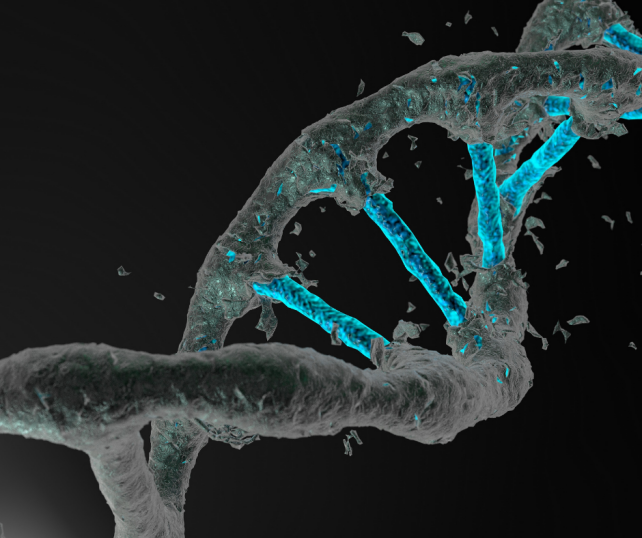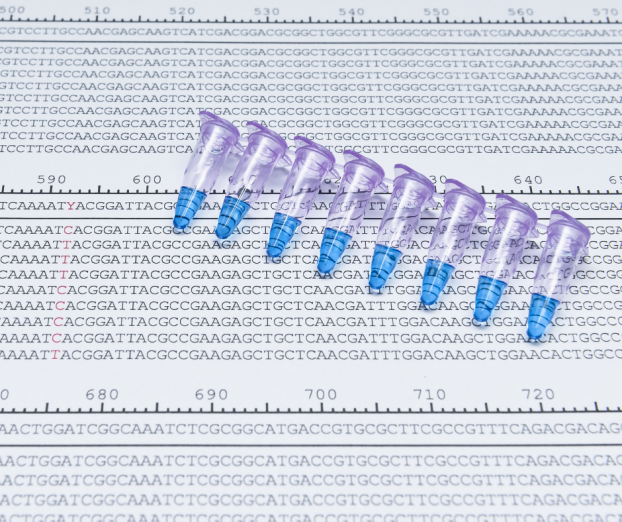Though 2020 has already passed, the horror that brought by it seems to linger for a while in 2021.

Many countries have already launched the vaccination plan, however, the SARS-CoV-2, like a cunning fox, plays the long-term game with us. The SARS-CoV-2 has many variants that have been identified so far, within further development, there are three major variants that are confirmed to be transmissible and have sparked concerns that vaccines may be less effective against them.
B.1.1.248 (Lineage P.1)
Where and when was it discovered?
This variant of SARS-CoV-2 was first detected by the National Institute of Infectious Diseases (NIID), Japan, on 6 January 2021 in four people who had arrived in Tokyo having visited Amazonas, Brazil four days earlier.
Where is it now?
It has been confirmed in Brazil, Peru, Germany, South Korea and Japan, among other places. On Jan. 25, Minnesota health officials confirmed the first U.S. case of the Brazil variant in a resident with recent travel history to Brazil.
What makes it different?
The new variant isolate (GISAID ID: EPI_ISL_792680 to 792683) belongs to B.1.1.248 lineage and has 12 mutations in the spike protein, including N501Y and E484K.
The E484K was reported to be an escape mutation from a monoclonal antibody which neutralize SARS-CoV-2. The E484K has been observed in variant isolates escaping from convalescent plasma and with a 10-fold decrease in neutralization capability by convalescent plasma (both in preprint articles), suggesting possible change in antigenicity.
Will vaccines work?
There’s no strong evidence right now that suggests that vaccines won’t work against the Brazil variant. However, scientists have raised the possibility that this variant can evade antibodies, which would impact the current vaccines’ effectiveness.
B.1.1.7
Where and when was it discovered?
This variant was first found in the United Kingdom, specifically in London and the nearby county of Kent, in September 2020. It is sometimes referred to as the “Kent” variant. It has been spreading rapidly in Britain, Denmark and Ireland since December.
Where is it?
Dozens of countries, including the United States, have identified instances of the mutation. The CDC predicts that this variant will soon become the dominant strain in the United States.
What makes it different?
The U.K. variant appears more transmissible than the more common strain. British Prime Minister Boris Johnson also suggested for the first time in January that this strain may be more lethal than previous mutations.
Will vaccines work?
The scientific consensus is that the vaccines will remain effective against this mutation because those inoculations provoke an array of neutralizing antibodies and other immune-system responses. Biotechnology companies Pfizer and Moderna have said their vaccines appear to work against this variant.
B.1.351
Where and when was it discovered?
This mutation was found in South Africa in early October and announced in December, when the country’s health minister said the strain seemed to affect young people more than previous strains. This variant may have contributed to a surge of infections and hospitalizations across South Africa.
Where is it?
This mutation has been identified in more than two dozen countries, including Canada, Australia and Israel, but not in the United States.
What makes it different?
This mutation shares some similarities to the U.K. variant and, like that strain, appears to be more transmissible. There is no evidence that it is more lethal. Scott Gottlieb, former director of the Food and Drug Administration, has suggested that this variant might be more resistant to antibody therapies.
Will vaccines work?
The vaccines may have a diminished impact against this variant, but they probably will still be effective, Fauci said in January. Moderna has said its vaccine protects against the South Africa variant, with an important caveat: The vaccine-elicited antibodies were also less effective at neutralizing this mutation in a laboratory dish.
Summary

As uncertainties mounting, Bioperfectus molecular diagnostics method, Polymerase Chain Reaction (PCR) remains to be the gold standard for detecting RNA viruses like SARS-CoV-2.

As formerly announced, Bioperfectus COVID-19 Coronavirus Real-Time PCR Kit and COVID-19 Coronavirus and Influenza A/B Virus Real Time PCR Kit CAN maintain effective and accurate in face of the above variants. We will remain concerned about the further performance of the viral mutations and explore more and more effective and accurate methods on detecting the mutations.
References:
- https://en.wikipedia.org/wiki/Variants_of_SARS-CoV-2
- https://www.washingtonpost.com/health/interactive/2021/01/25/covid-variants/
- https://www.niid.go.jp/niid/en/2019-ncov-e/10108-covid19-33-en.html
- Weisblum, Y. et al. Escape from neutralizing antibodies by SARS-CoV-2 spike protein variants. Elife 9, doi:10.7554/eLife.61312 (2020).
- Christian Gaebler, Zijun Wang, Julio C. C. Lorenzi, Frauke Muecksch, Shlomo Finkin, Minami Tokuyama, Mark Ladinsky, Alice Cho, Mila Jankovic, Dennis Schaefer-Babajew, Thiago Y. Oliveira, Melissa Cipolla, Charlotte Viant, Christopher O. Barnes, Arlene Hurley, Martina Turroja, Kristie Gordon, Katrina G. Millard, Victor Ramos, Fabian Schmidt, Yiska Weisblum, Divya Jha, Michael Tankelevich, Jim Yee, Irina Shimeliovich, Davide F. Robbiani, Zhen Zhao, Anna Gazumyan, Theodora Hatziioannou, Pamela J. Bjorkman, Saurabh Mehandru, Paul D. Bieniasz, Marina Caskey, Michel C. Nussenzweig. Evolution of Antibody Immunity to SARS-CoV-2. bioRxiv 2020.11.03.367391v2; doi: https://doi.org/10.1101/2020.11.03.367391
- .Emanuele Andreano, Giulia Piccini, Danilo Licastro, Lorenzo Casalino, Nicole V. Johnson, Ida Paciello, Simeone Dal Monego, Elisa Pantano, Noemi Manganaro, Alessandro Manenti, Rachele Manna, Elisa Casa, Inesa Hyseni, Linda Benincasa, Emanuele Montomoli, Rommie E. Amaro, Jason S. McLellan, Rino Rappuoli. SARS-CoV-2 escape in vitro from a highly neutralizing COVID-19 convalescent plasma. bioRxiv 2020.12.28.424451; doi: https://doi.org/10.1101/2020.12.28.424451
- Allison J. Greaney, Andrea N. Loes, Katharine H.D. Crawford, Tyler N. Starr, Keara D. Malone, Helen Y. Chu, Jesse D. Bloom. Comprehensive mapping of mutations to the SARS-CoV-2 receptor-binding domain that affect recognition by polyclonal human serum antibodies. bioRxiv 2020.12.31.425021; doi: https://doi.org/10.1101/2020.12.31.425021
- https://www.afro.who.int/news/who-scales-support-reinforce-eastern-cape-province-covid-19-response

